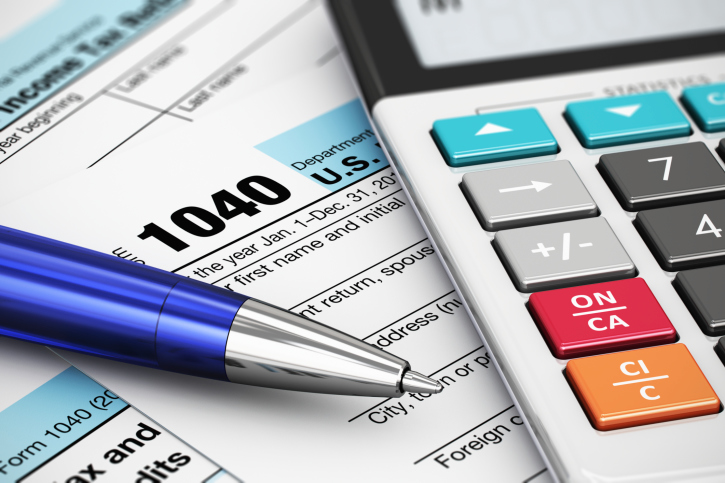It Is Tax Time Again Learn About Tax Deductions and How to Write off Your Home Mortgage Interest
 Much to the frustration of taxpayers all over the country, the tax-filing season begins in January and runs through April 15 of each year. The year 2020 brought us many changes, including an extension on filing taxes. Taxes this year are due on July 15th. Are you ready?
Much to the frustration of taxpayers all over the country, the tax-filing season begins in January and runs through April 15 of each year. The year 2020 brought us many changes, including an extension on filing taxes. Taxes this year are due on July 15th. Are you ready?
As the current tax season approaches, it presents an opportunity to help tax-payers clarify their responsibilities and remind them of certain important tax deductions that may be available.
Filing Responsibilities
Every person in the United States is required to file their tax returns by July 15 so long as they have some form of qualifying income. Based on filing status, income and available deductions, tax-payers must file a 1040EZ, 1040A or 1040 (long-form for itemized deductions).
Qualifying income is generally defined as, but not limited to wages, commissions, miscellaneous income (rental, interest), investment income and alimony. These forms of income are reported on a periodic basis to the IRS and State governments by employers, banks, contract employers and/or other responsible parties.
The most common tax receipts that must be sent to tax-payers by January 31 are W-2s and 1099-Misc forms.
Calculating Taxes
While the IRS requires individuals to report all forms of income, they also allow certain living costs to be used as deductions to offset income in order to arrive at a “taxable income” number on which tax liabilities are calculated.
If a tax-payer’s deductions fail to exceed the combined statutory standard deduction,, they will want to file the 1040EZ or 1040A. If itemized deductions exceed this number, the 1040 becomes preferable.
Mortgage Interest Deduction
For a majority of tax-payers, the largest tax deduction available is usually mortgage interest paid on secured debt where the primary residence and in some cases second homes or rental property serve as collateral. In most of these cases, all interest paid during the year is deductible.
If the mortgages are large enough, the total interest paid will typically push the tax-payer into position to itemize deductions. It is important for tax-payers to read the rules related to mortgage interest deductions as they tend to be somewhat complicated.
Other Important Deductions to Consider
Once a tax-payer qualifies to itemize deductions, many other living expenses become deductible. Other prominent deductions include property taxes, charitable contributions, childcare costs, qualified moving expenses, certain work related expenses and certain medical expenses.
Prior to using any deduction, it is incumbent on the tax-payer to review deduction guidelines in order to determine applicability.

 Are you thinking about using mortgage financing to buy a new home? If so, you’ve likely heard about mortgage insurance policies requirements and you may be wondering how they will affect you. In today’s blog post we’ll explore mortgage insurance and explain the difference between conventional, FHA, VA and USDA mortgage insurance policies.
Are you thinking about using mortgage financing to buy a new home? If so, you’ve likely heard about mortgage insurance policies requirements and you may be wondering how they will affect you. In today’s blog post we’ll explore mortgage insurance and explain the difference between conventional, FHA, VA and USDA mortgage insurance policies. The vast majority of people who are interested in buying a home are not going to be able to pay cash for the home. Even for those who can buy a home in cash, they often would rather take out a loan to avoid pulling money out of their investments where they would have to pay capital gains taxes.
The vast majority of people who are interested in buying a home are not going to be able to pay cash for the home. Even for those who can buy a home in cash, they often would rather take out a loan to avoid pulling money out of their investments where they would have to pay capital gains taxes.
 FHA loans are designed to help individuals take advantage of the benefits of home ownership, and these loans have low down payment requirements. However, for borrowers who choose to make a down payment that is less than 20 percent of the sales price, the borrower will be required to pay a mortgage insurance premium with the monthly mortgage payment.
FHA loans are designed to help individuals take advantage of the benefits of home ownership, and these loans have low down payment requirements. However, for borrowers who choose to make a down payment that is less than 20 percent of the sales price, the borrower will be required to pay a mortgage insurance premium with the monthly mortgage payment.